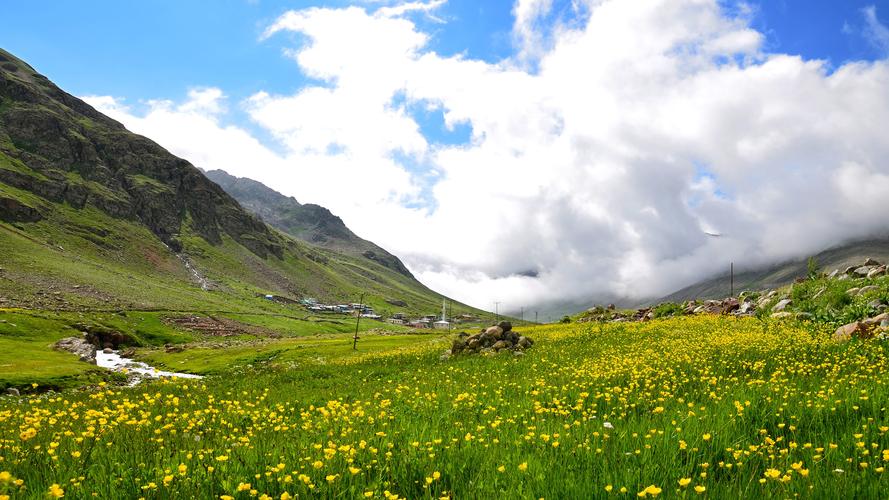The Age of Exploration, which began in the 15th century and lasted until the 17th century, marked a significant turning point in the history of human civilization. It was a time of great discovery and conquest, as European explorers spread out across the globe in search of new lands, resources, and trade routes.
During this period, many European empires were formed, as countries like Spain, Portugal, France, and England established colonies in the Americas, Africa, and Asia. These colonies often served as sources of raw materials and cheap labor, allowing the European powers to build wealth and strengthen their economies.
However, the expansion of these empires came at a great cost. Native populations were forced into slavery or killed by colonial powers, and entire regions were laid to waste. The impact of European exploration and colonization on the environment was also significant, as natural resources were depleted or destroyed.
Despite these negative consequences, the Age of Exploration helped to shape the modern world and paved the way for advances in science, technology, and culture. It introduced new crops, animals, and technologies to different regions of the world, and led to the exchange of ideas and knowledge on a global scale.
Today, we continue to grapple with the legacy of the Age of Exploration, and its impact on society and the environment. As we move forward, it is important to consider the lessons we can learn from this period in history and work towards a more equitable and sustainable global future.
(Note: Do you have knowledge or insights to share? Unlock new opportunities and expand your reach by joining our authors team. Click Registration to join us and share your expertise with our readers.)
